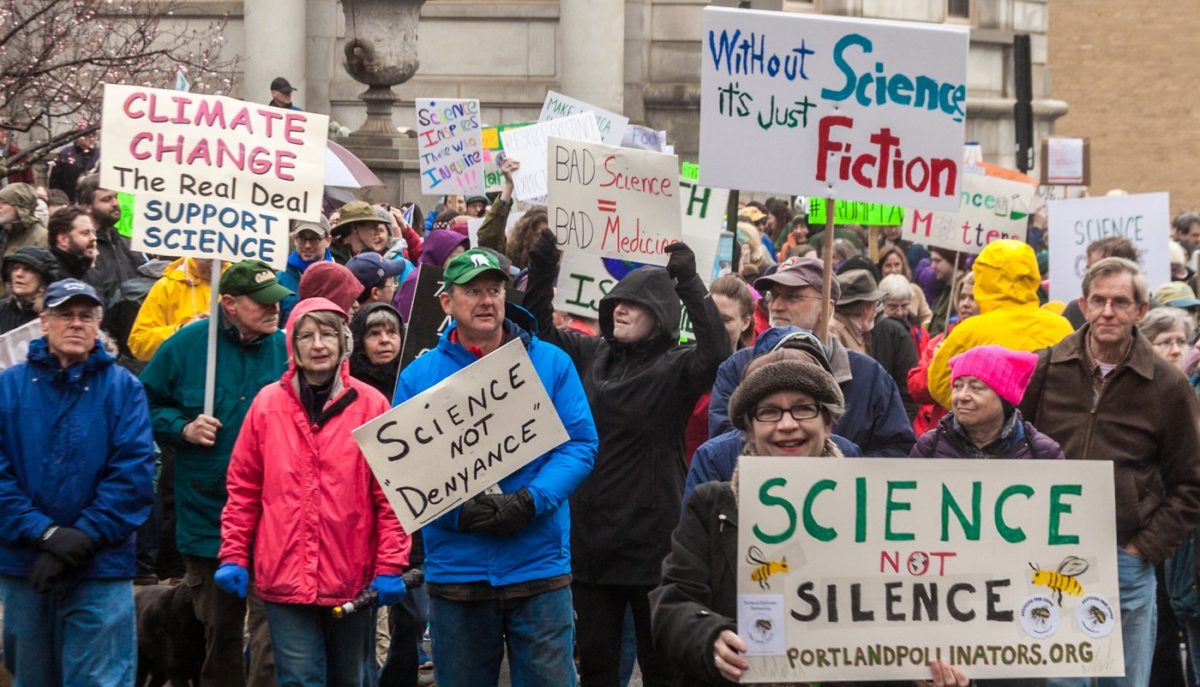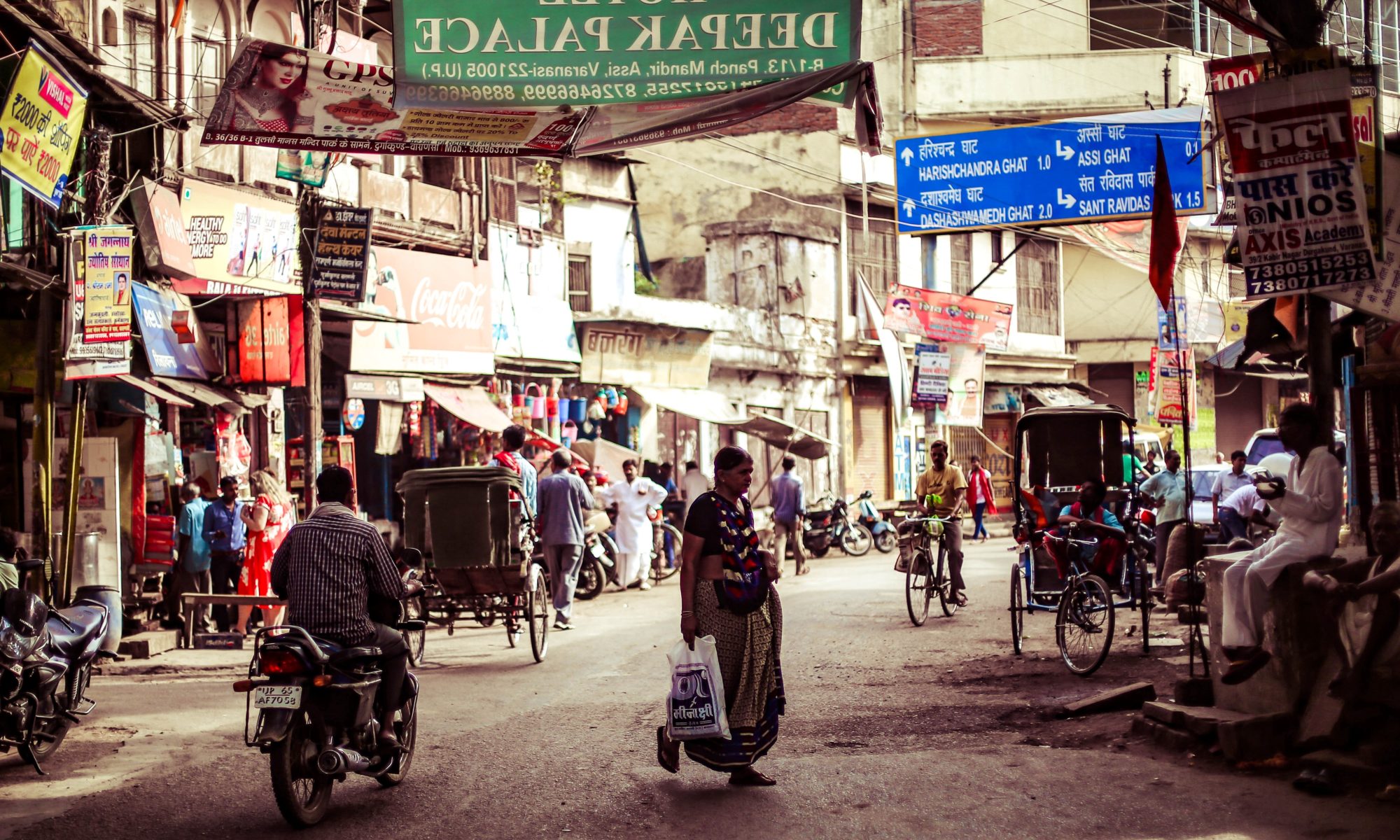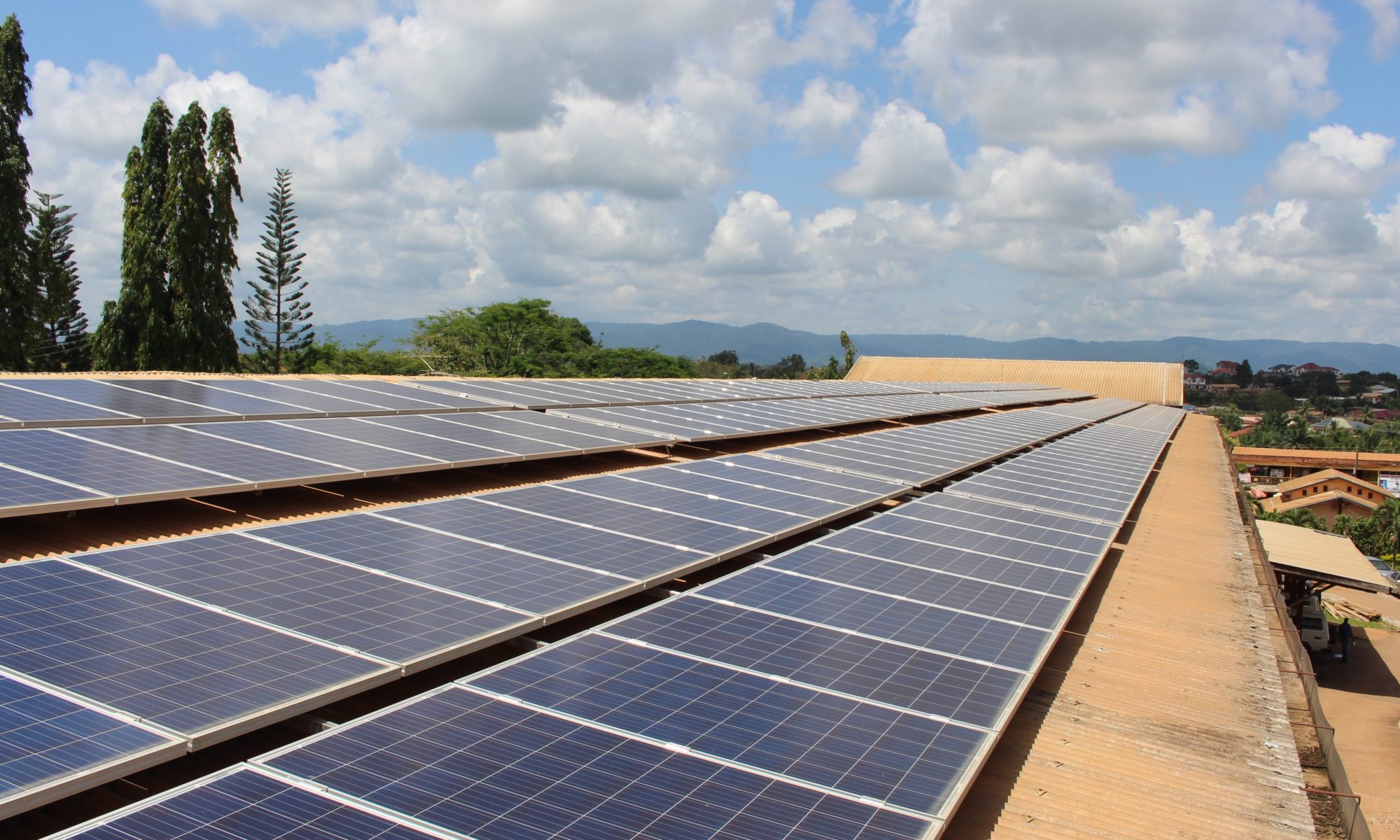By Adinda Ceelen
Research impact has become a strategic priority for many research institutes around the world, with an increasing focus on “bridging the gap” between research and society and positioning research in a way that ensures the knowledge it produces can contribute to bringing about change. Development researchers often find themselves straddling two worlds: the academic sector on the one hand, and the development sector on the other. But is there a moral imperative for development researchers to bridge these two realms by acting as advocates in ‘the real world’? If so, how can they best share knowledge in ways that contribute to solidarity, peace, and social justice? Continue reading “Development researchers as advocates: eight tips for more engaged scholarship”



